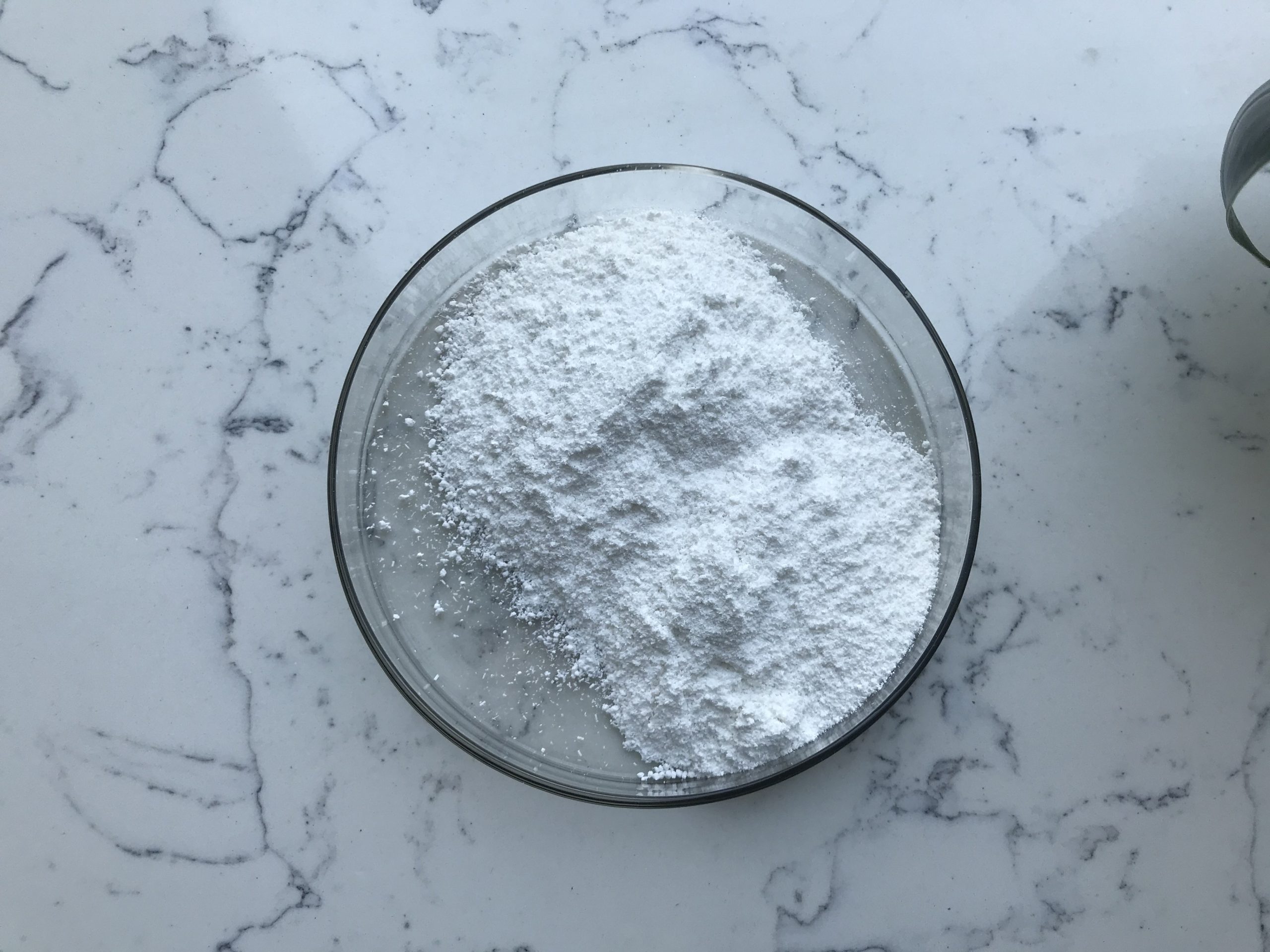Dutasteride and Finasteride are both medications used to treat benign prostatic hyperplasia (BPH) and androgenetic alopecia (male pattern baldness). They belong to a class of drugs known as 5-alpha-reductase inhibitors, which work by inhibiting the enzyme 5-alpha-reductase. This enzyme is responsible for converting testosterone into dihydrotestosterone (DHT), a hormone that plays a role in the growth of the prostate gland and the miniaturization of hair follicles in male pattern baldness. Here’s a comparison of Dutasteride and Finasteride:

1. Mechanism of Action:
- Dutasteride: It inhibits both types of 5-alpha-reductase enzymes (Type I and Type II), leading to a more comprehensive reduction in DHT levels.
- Finasteride: It primarily inhibits the Type II 5-alpha-reductase enzyme, resulting in a reduction in DHT levels mainly in the prostate.
2. Efficacy:
- Dutasteride: Studies have suggested that dutasteride may be more effective in reducing DHT levels compared to finasteride, due to its dual inhibition of both types of 5-alpha-reductase enzymes. This theoretically could lead to better outcomes in terms of BPH symptom relief and hair growth.
- Finasteride: While it predominantly inhibits one type of 5-alpha-reductase enzyme, it has been shown to be effective in improving BPH symptoms and promoting hair regrowth in male pattern baldness.
3. Dosage:
- Dutasteride: The usual dose for BPH is 0.5 mg per day.
- Finasteride: The standard dose for BPH is 5 mg per day, but for hair loss, a lower dose of 1 mg per day is commonly used.
4. Side Effects:
Both drugs can cause similar side effects due to their mechanism of action, which reduces DHT levels. These may include:
- Decreased libido
- Erectile dysfunction
- Decreased ejaculate volume
- Breast tenderness or enlargement (gynecomastia)
5. Clinical Use:
- Dutasteride: It is approved for the treatment of BPH but not for androgenetic alopecia in all countries. It may be prescribed off-label for hair loss.
- Finasteride: It is approved for both BPH and male pattern baldness.

6. Duration of Action:
- Both drugs need to be taken continuously to maintain their effects. If the medication is stopped, DHT levels may return to baseline, and the benefits of the treatment may diminish.
7. Individual Response:
- The response to these medications can vary from person to person. Some individuals may see significant improvements, while others may have a more modest response or experience side effects.
It’s important to note that both dutasteride and finasteride can have significant effects on hormone levels and may impact sexual function. If you’re considering using either of these medications, it’s crucial to consult a healthcare professional who can assess your individual medical history, evaluate potential benefits and risks, and guide you toward the most suitable treatment option based on your needs.
